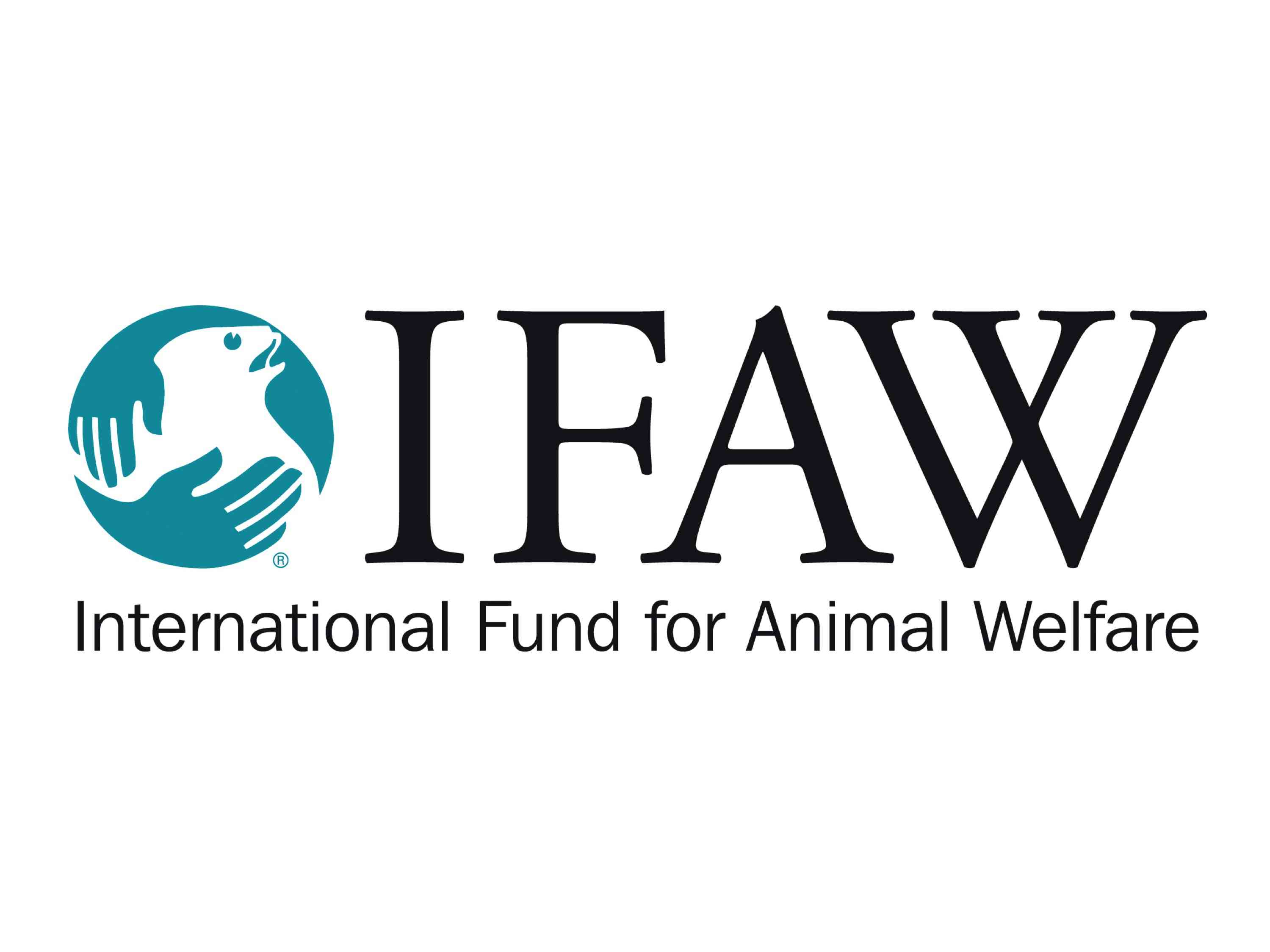
ZIMBABWE recorded nearly 1 500 cases of human-wildlife conflicts with 16 human casualties between 2019 and 2023.
International Fund for Animal Welfare (IFAW) country director Alleta Nyahuye revealed the statistics last week during an online meeting hosted for climate change, environmental and wildlife advocates.
“These conflicting cases include 965 crop damage cases, 16 human deaths, seven human injuries and 94 property damages,” Nyahuye said.
“Also, we have recorded 298 livestock predation within the north-western Matabeleland region as the worst affected since livestock is a source of livelihood apart from crop production there.”
Elephant-human conflict is the biggest challenge affecting communities around Zimbabwe, she noted.
“We have estimated 200 elephants killed during the same period as part of the animal problem mechanism,” she added.
There are several reports of wild animals invading communities in search of food and water, resulting in the conflicts.
Zimbabwe Parks and Wildlife Management Authority spokesperson Tinashe Farawo blamed the conflicts on the ballooning population of wild animals, especially that of elephants, resulting in loss of habitat.
- Zimbabwe to host elephant summit
- Zimbabwe to host elephant summit
- IFAW scoops award
- Rangers move to wildlife ‘hotspot’
Keep Reading
“The elephant population has significantly grown beyond our holding capacity and this, in my view, is a challenge on its own, but the land is not expanding,” he said in a written response.
“With the current drought, wild animals are being forced to encroach onto homesteads in search of water and food. This is a crisis. We need to work together and safeguard animals as part of nature.”
In Kariba, two people were recently trampled to death by elephants.
Nyahuye emphasised the need to adopt artificial intelligence (AI) technologies to track wild animals when they invade communities.
“We are calling for youths on how they could use AI remote sensing information to be able to track the movements of animals for response times in cases of human-wildlife conflict,” she said.
Nyahuye also called for policy changes on wildlife management as well as quick implementation of the human-wildlife conflict relief fund in Zimbabwe.
“In India, if someone loses a crop through wildlife, they call it a grain for a grain, where the government compensates you the equivalent of what you lost,” she said.
Farawo echoed similar sentiments.
“A lot of ground has been covered and we are waiting for the Parliamentary Portfolio Committee on Environment report so that it can be included in the amendments of the Parks and Management Act currently as a Bill that will help implementation of the relief fund.
“It is not yet operational and we hope it will help to fund operations that are guided officially,” Farawo said.










